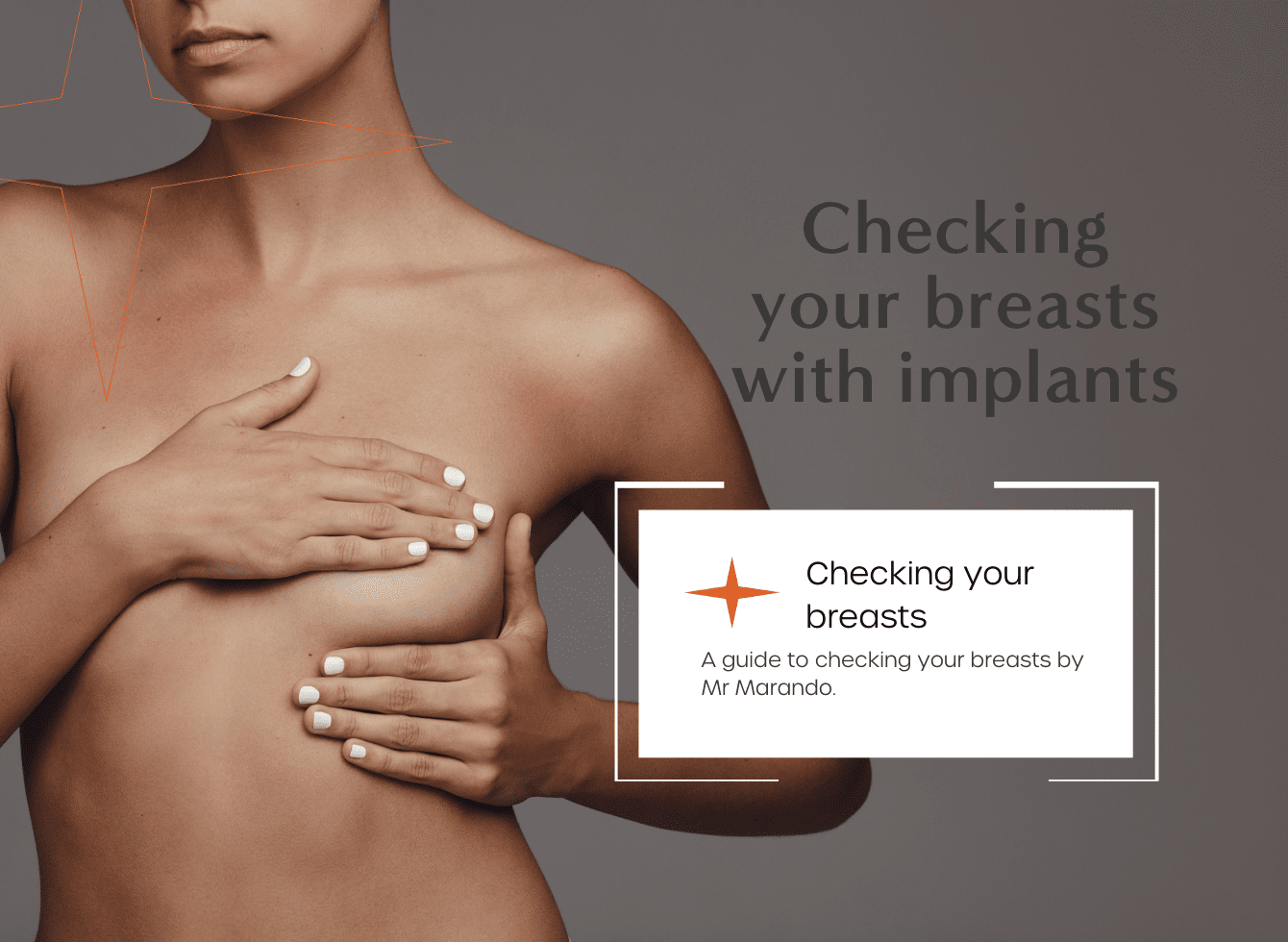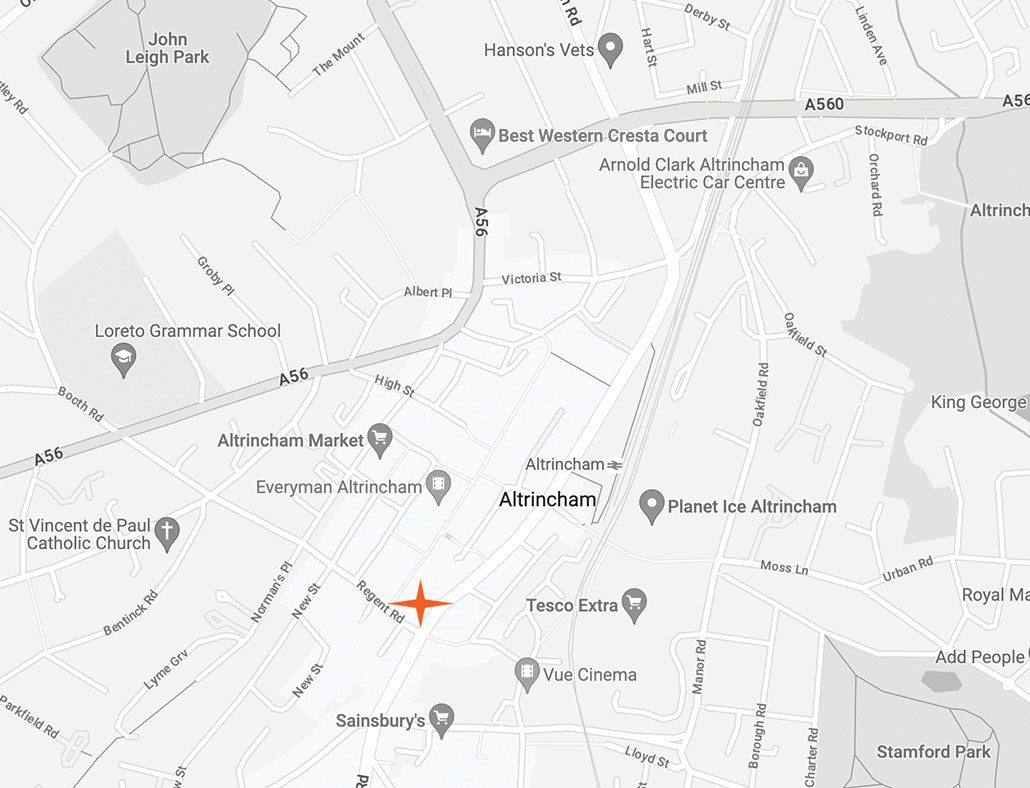How to Conduct a Breast Self-Examination with Breast Implants
Patient Information

Mr Marando talks about the importance of checking your breasts with implants and explains how you should do so:
As a cosmetic surgeon specialising in breast augmentation, I frequently address queries about how breast implants can affect the process of self-examination. This guide aims to equip you with the knowledge and techniques necessary to effectively monitor your breast health if you have implants.
Why is a Breast Self-Examination Important?
Breast self examination is important for all women, whether or not you have had breast implant surgery, breast implant removal surgery or breast reduction surgery.
It is important that anyone with breast implants check their breasts by having an ultrasound after 3 years and then every other year.
Breast ultrasound can be arranged by Mr Marando at a local private hospital.
The cost for an ultrasound is in the region of £500
Understanding Breast Implants and Self-Examinations
Regardless of whether your implants are placed submuscular (beneath the muscle) or subglandular (beneath the gland), they should not impede your ability to conduct a self-exam. In fact, implants may even make it easier by pushing the breast tissue forward, helping the detection of any changes.
Step-by-Step Guide to Conducting a Breast Self-Examination with Implants
- Prepare Your Environment: Lie down on a flat surface to make your breast tissue spread evenly over the chest, making it simpler to examine.
- Position Your Arm: Raise the arm of the side you are examining above your head. This position helps expose the entire breast area, including the armpit and upper outer section which are critical areas to check.
- Examine with Hands Flat: Using the flats of your fingers, apply gentle yet firm pressure to feel your entire breast area, from your collarbone to your armpit and across to the centre of your chest. Move in a systematic way to ensure all areas are covered.
- Check for Discharge: Gently squeeze the nipple-areolar complex to check for any discharge. This is particularly important as discharge can be an early indicator of breast cancer.
- Visual Examination: Incorporate a visual check into your routine. Observe your breasts in the mirror for any swelling, dimpling, or changes in the skin texture or nipple position. Visual cues can be subtle but significant indicators of underlying issues.
- Identify the Implant Edges: Familiarise yourself with the feel of your implants, noting the edges and any surrounding scar tissue. This knowledge will help you distinguish between the implant and your natural breast tissue during examinations.
What to Look for During a Breast Self-Examination?
- Lumps: While most lumps are benign cysts, any new lump should be assessed by a healthcare professional.
- Changes in Texture or Temperature: Look out for skin puckering, dimpling, or any alteration in the skin’s texture or warmth.
- Implant-Related Changes: Be alert for any new firmness, pain, or movement of the implant, which could indicate complications such as capsular contracture/rejection of the implants.
- Change in Breast Size or Shape: Notify your doctor if you notice swelling or any decrease in breast size, as these could be signs of implant issues or other health concerns.
- Inverted Nipples: If your nipples become inverted or their position changes notably, it could be a symptom of breast cancer.
Frequency of Self-Examinations
You should conduct a breast self-examination at least once a month. For consistency, try to perform the examination at the same time each month, ideally a few days after your menstrual period ends when your breasts are least likely to be tender or swollen. Setting a recurring reminder can help maintain regular checks.
Understanding how to conduct a breast self-examination with implants is key to ensuring your ongoing health and wellbeing. Regular examinations help you become familiar with your breasts, making it easier to notice any unusual changes. If you do detect any abnormalities, schedule an appointment with your doctor without delay. Remember, early detection is crucial for effective treatment and outcomes.
If you have any concerns about your implants, please contact us so we can arrange a consultation.








